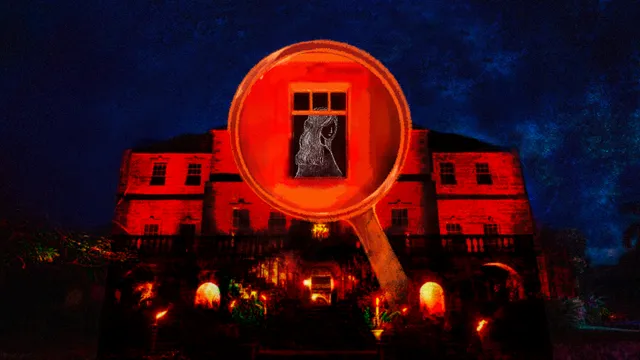
The Legend of the White Witch of Rose Hall
2024-08-02 08:51- The White Witch of Rose Hall is a notorious figure in Jamaican folklore, often portrayed as a malevolent ghost.
- Despite her dark reputation, the legend has boosted tourism in Jamaica, drawing visitors to experience the spooky tale firsthand.
- This unusual twist has turned the witch from a feared entity into a significant attraction for the Caribbean tourism industry.
Express your sentiment!
Insights
The story of the "White Witch," a notorious 19th-century plantation owner, continues to captivate visitors to the Rose Hall area in Jamaica. Annie Palmer, infamous for allegedly murdering three husbands and terrorizing her slaves, met her demise in 1834 at the hands of one of her slaves, Takoo. This dark history has led to claims that her spirit haunts the land where the White Witch Golf Course now stands, creating an eerie atmosphere that many visitors have reported experiencing. The origins of the Palmer legend can be traced back to an 1830 account by abolitionist Reverend Waddell, who claimed that a Mrs. Palmer was killed by slaves at a nearby estate. However, historians like Geoffrey S. Yates have suggested that Annie Palmer may have been confused with Rosa Palmer, the original mistress of Rose Hall, who died in 1790, long before Annie was born. This historical ambiguity raises questions about the accuracy of the tale and its enduring popularity. Despite the uncertainty surrounding her story, the legend of the White Witch has become a significant part of Jamaican folklore. As journalist Radford notes, the tale's widespread recognition can be likened to a local business capitalizing on a famous myth, suggesting that the allure of the White Witch is too valuable for local operators to question too closely. Montego Bay, once thriving in tourism and real estate, has seen its fortunes fluctuate, particularly after the 2008 financial crisis. Nevertheless, the legend of the White Witch remains a key attraction, drawing visitors and sustaining interest in the region's haunted history.
Contexts
The transformation of the White Witch of Rose Hall from folklore to a significant tourist attraction reflects a broader trend in Jamaica's tourism strategy, particularly in the early 21st century. As the government and local businesses sought new ways to boost the struggling tourism sector after various challenges, they began to leverage local legends and cultural narratives. The story of the White Witch, traditionally seen as a cautionary tale, was promoted through guided tours and events that coincide with cultural festivals. This evolution coincided with increasing interest in ghost tours globally, prompting Jamaica to market this unique aspect of its heritage. By integrating local folklore into the tourism infrastructure, the White Witch has been successfully repositioned as a symbol of intrigue rather than fear, ultimately contributing to thriving visitor numbers at Rose Hall and enhancing the overall appeal of the Jamaican tourism experience.